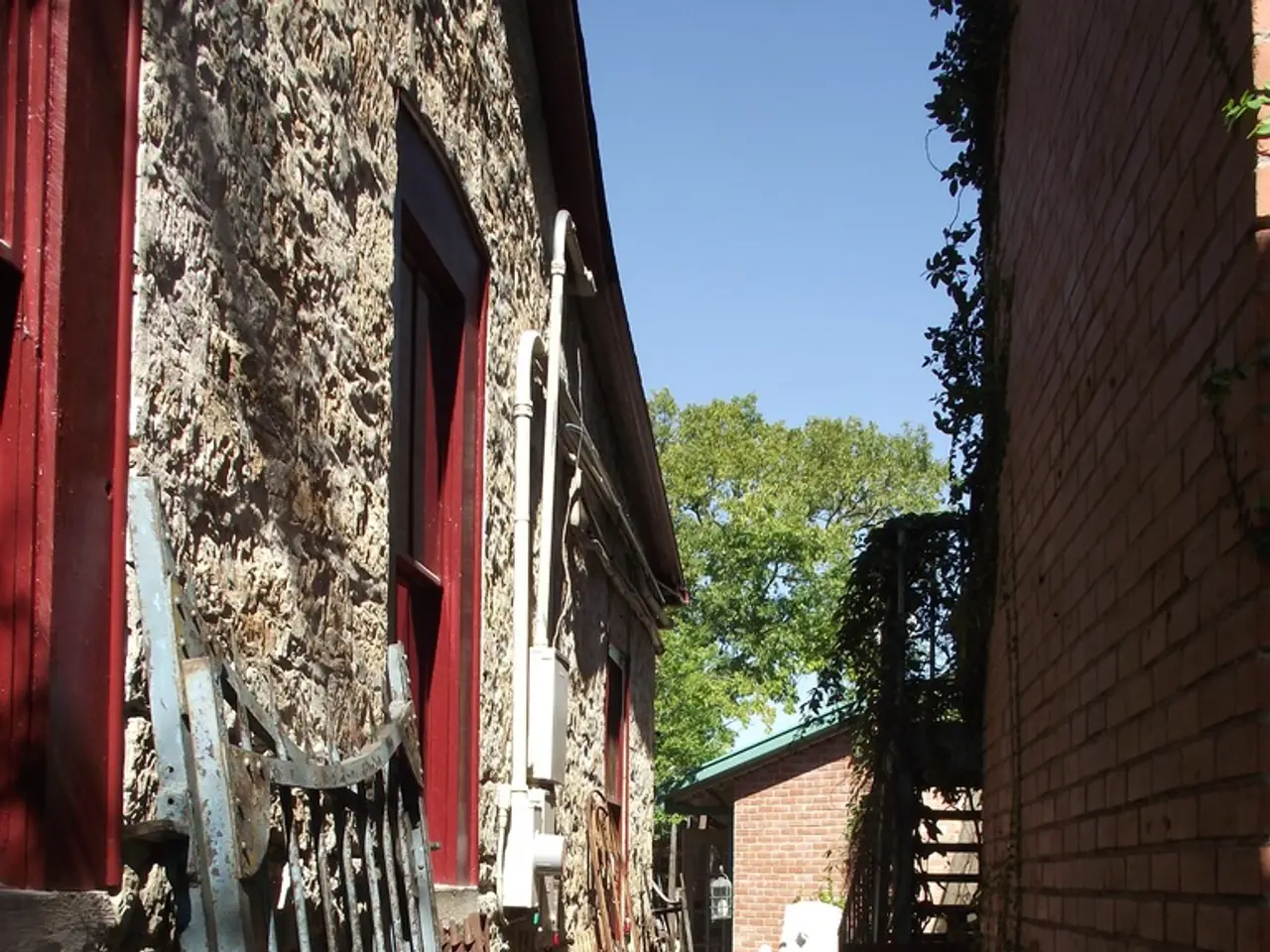Benefits of Constructing Structures with Steel
Steel buildings are quickly becoming a popular choice for a wide range of applications, thanks to their numerous advantages over traditional construction methods. Here are some top reasons why more and more builders are turning to steel for their projects.
Speed and Cost Efficiency
One of the most compelling reasons for choosing steel buildings is their speed and cost efficiency. Steel buildings are typically pre-engineered and prefabricated off-site, enabling faster assembly on-site. This significantly reduces construction time and labor costs compared to traditional construction methods, with projects often completed in as little as 110 days, compared to 160–180 days for conventional construction [1].
Durability and Low Maintenance
Steel's resistance to warping, bending, rot, pests, and moisture ensures a long service life with minimal upkeep. It does not decay or carry fire risks like wood, providing superior structural safety and longevity [3][4]. This durability ensures long-term structural integrity, making steel buildings a sound investment for the future.
Design Flexibility
Steel's high strength allows for clear-span interiors without load-bearing walls or interior columns, enabling large open spaces, easier modifications, expansions, and customizable layouts tailored to specific needs [1][3][5]. This design flexibility offers unparalleled opportunities for creative and innovative architectural possibilities.
Environmental Sustainability
Steel is 100% recyclable and often contains substantial recycled content, reducing its environmental impact over its lifecycle. Prefabrication also minimizes construction waste, making steel buildings more eco-friendly than traditional methods [1][5]. Furthermore, steel structures can be designed to optimize natural light and ventilation, creating a healthy and comfortable indoor environment.
Scalability and Adaptability
Steel structures can be easily expanded or reconfigured as requirements change, facilitating future growth without major rebuilding [1][5]. This adaptability makes steel buildings an ideal choice for businesses and homeowners looking for a construction solution that can grow with them.
Predictable Budgeting and Reduced Delays
Factory-controlled fabrication reduces uncertainties such as weather delays and labor fluctuations, helping projects stay on budget and on schedule [1][2]. This predictability is a major advantage for those looking to keep their construction projects running smoothly.
These advantages make steel buildings especially appealing for manufacturing facilities, modern homes, and mid-rise developments looking for durable, flexible, cost-effective, and sustainable construction solutions. With their eco-friendly characteristics, resistance to pests, and high energy efficiency, it's no wonder steel buildings are leading the way in modern construction.
References:
[1] "Steel Building Benefits." (n.d.). Retrieved from https://www.nucorbuildingsystems.com/benefits
[2] "Steel Building Construction." (n.d.). Retrieved from https://www.nucorbuildingsystems.com/construction
[3] "Advantages of Steel Buildings." (n.d.). Retrieved from https://www.southweststeelbuildings.com/advantages-of-steel-buildings
[4] "Steel Buildings vs. Wood Buildings." (n.d.). Retrieved from https://www.southweststeelbuildings.com/steel-buildings-vs-wood-buildings
[5] "Steel Building Sustainability." (n.d.). Retrieved from https://www.southweststeelbuildings.com/steel-building-sustainability
- The manufacturing industry is increasingly seeing the advantages of steel buildings, as their speed and cost efficiency make them appealing for rapid production and assembly.
- The finance sector recognizes the long-term value of steel buildings, given their durability, low maintenance costs, and environmental sustainability—features that make them a sound investment for future growth and expansion.





